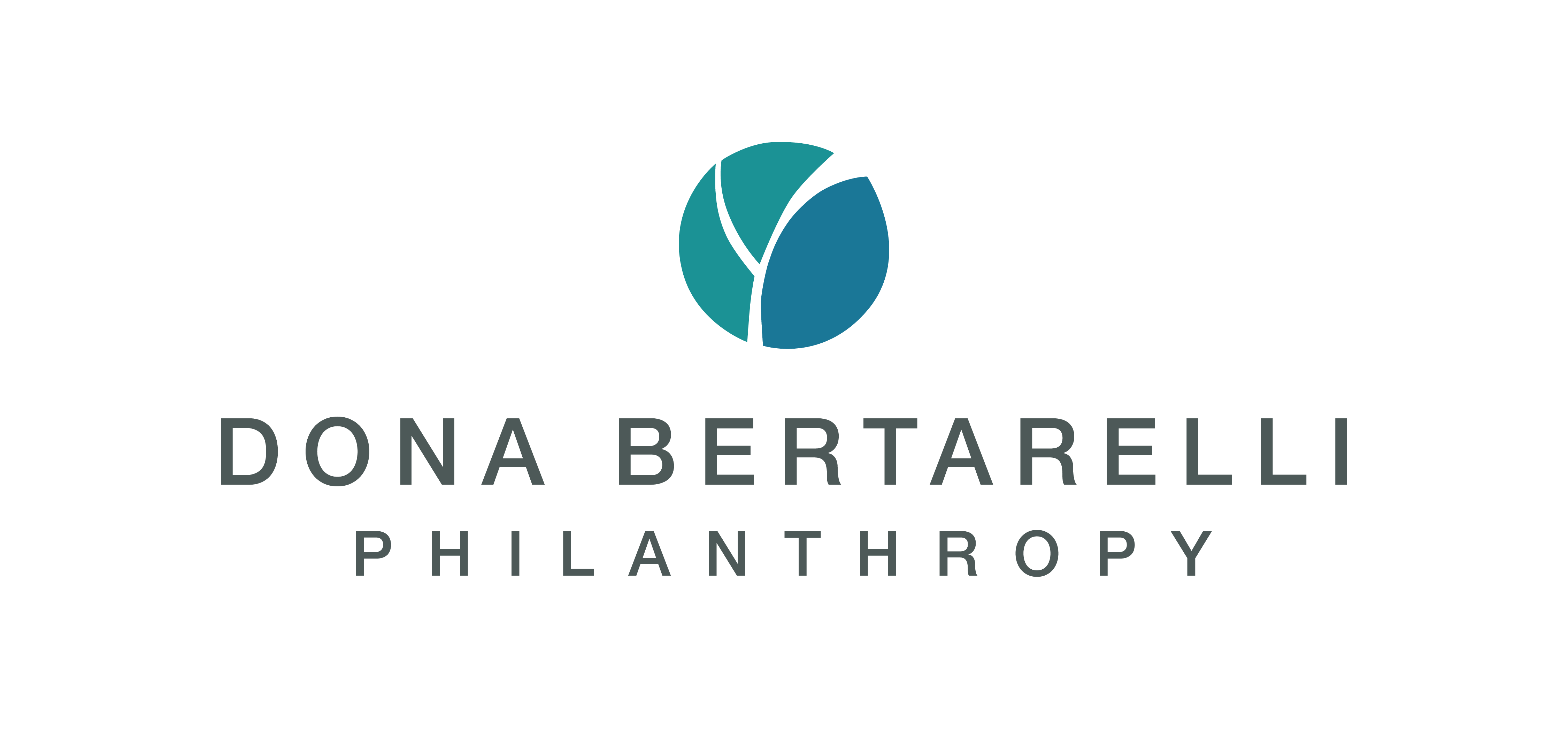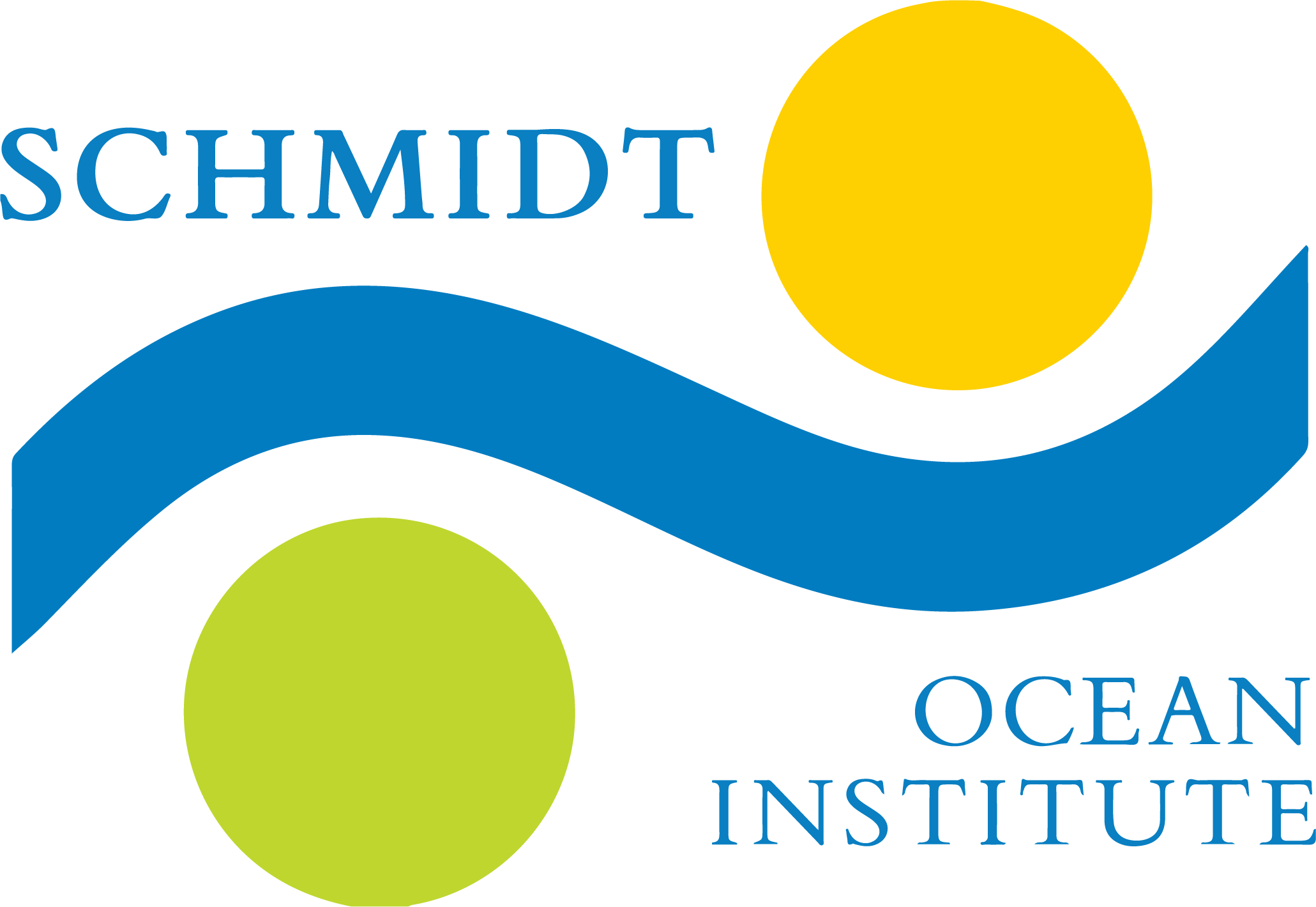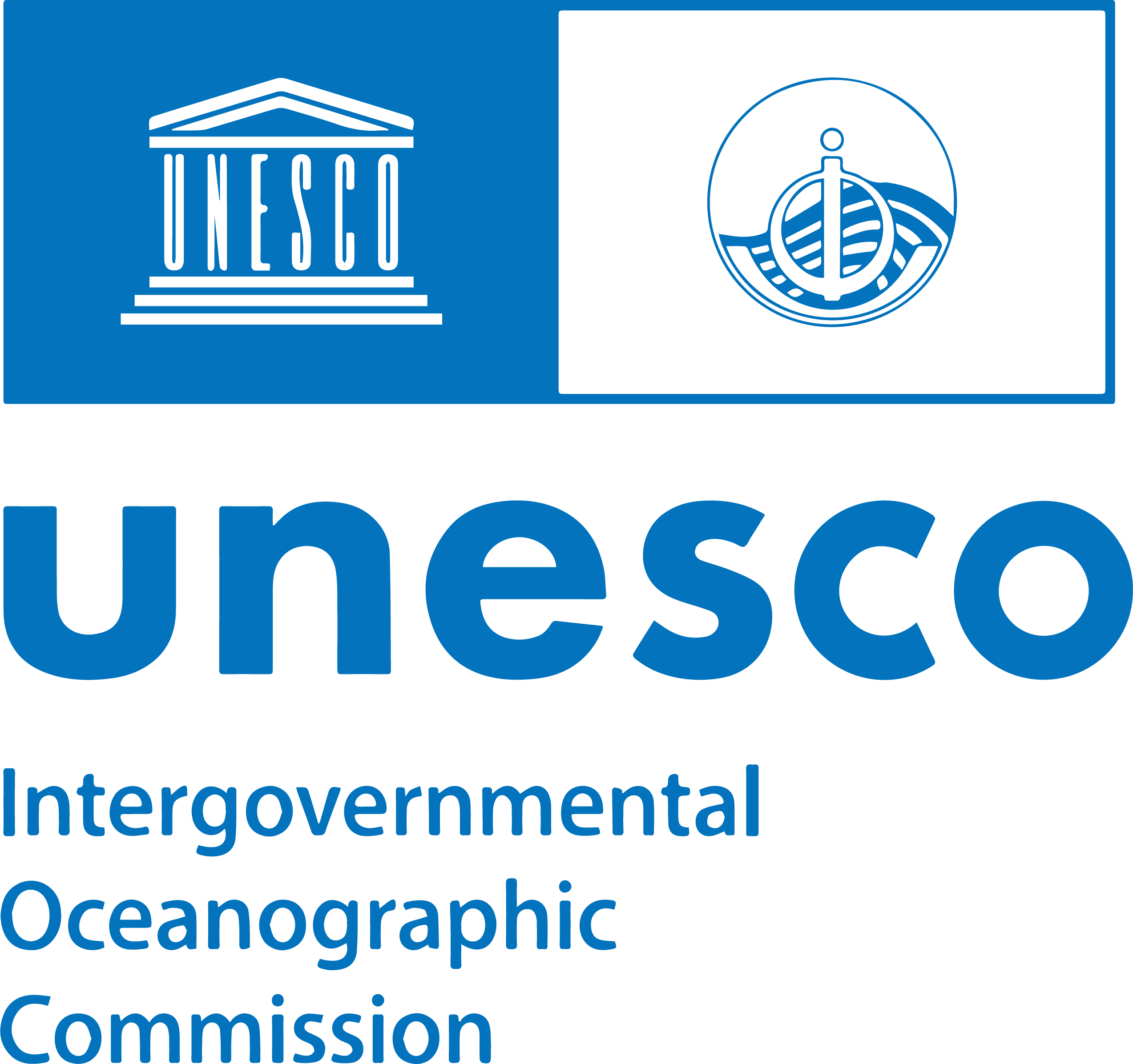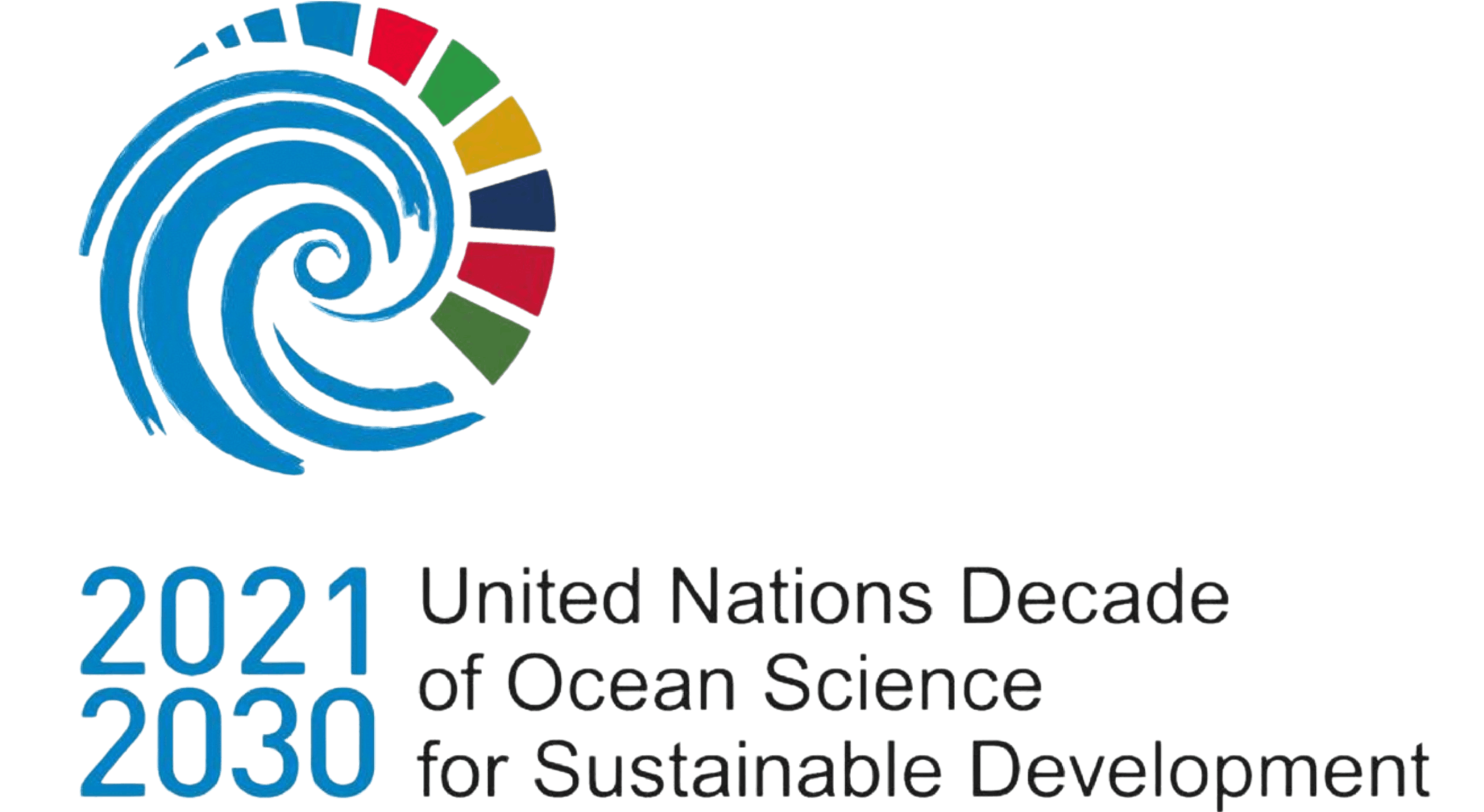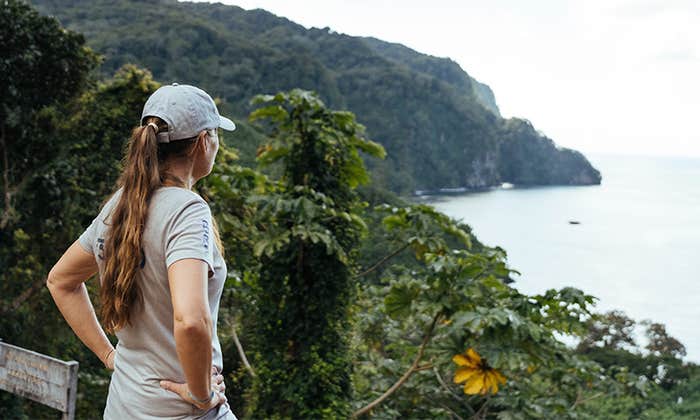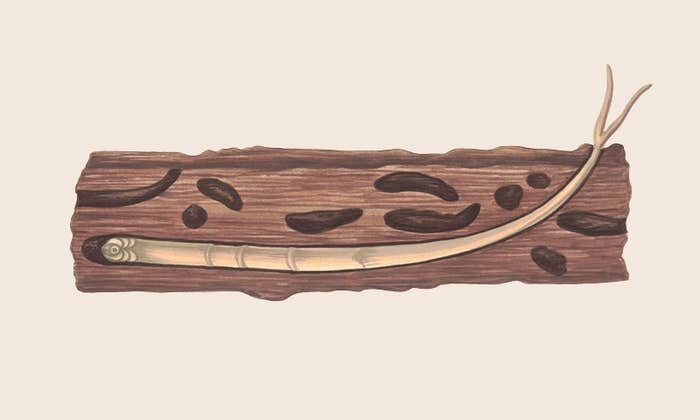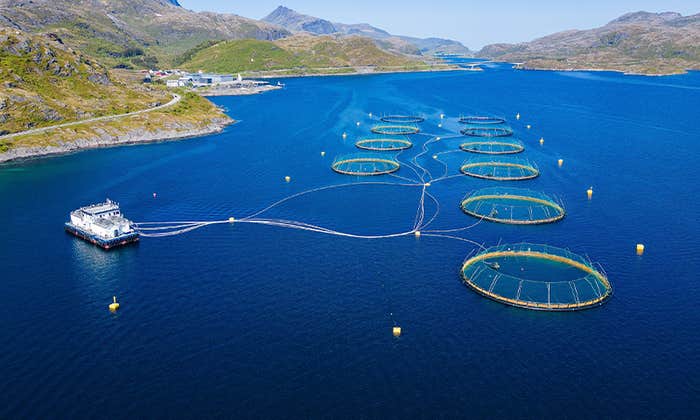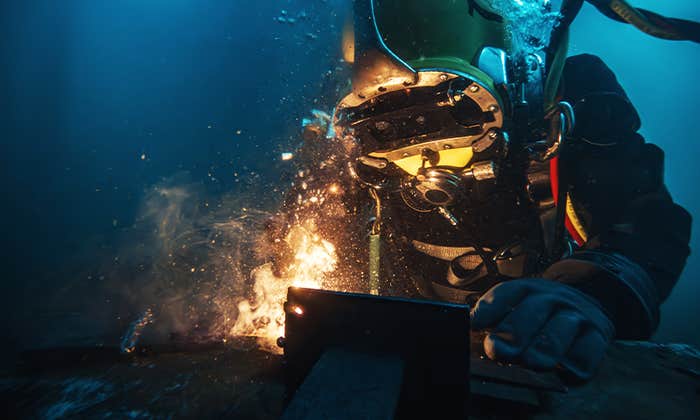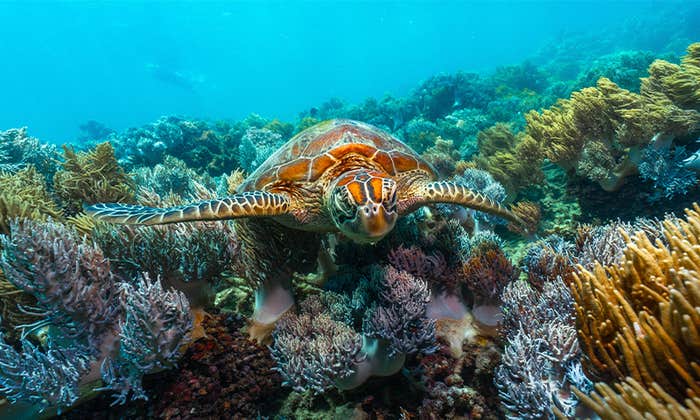In seven years at sea, photographer, filmmaker and activist Barbara Veiga saw for herself how the ocean connects us all. We spoke to her about how she went from cleaning trash from the beaches of Rio to traveling the world campaigning to protect the sea.
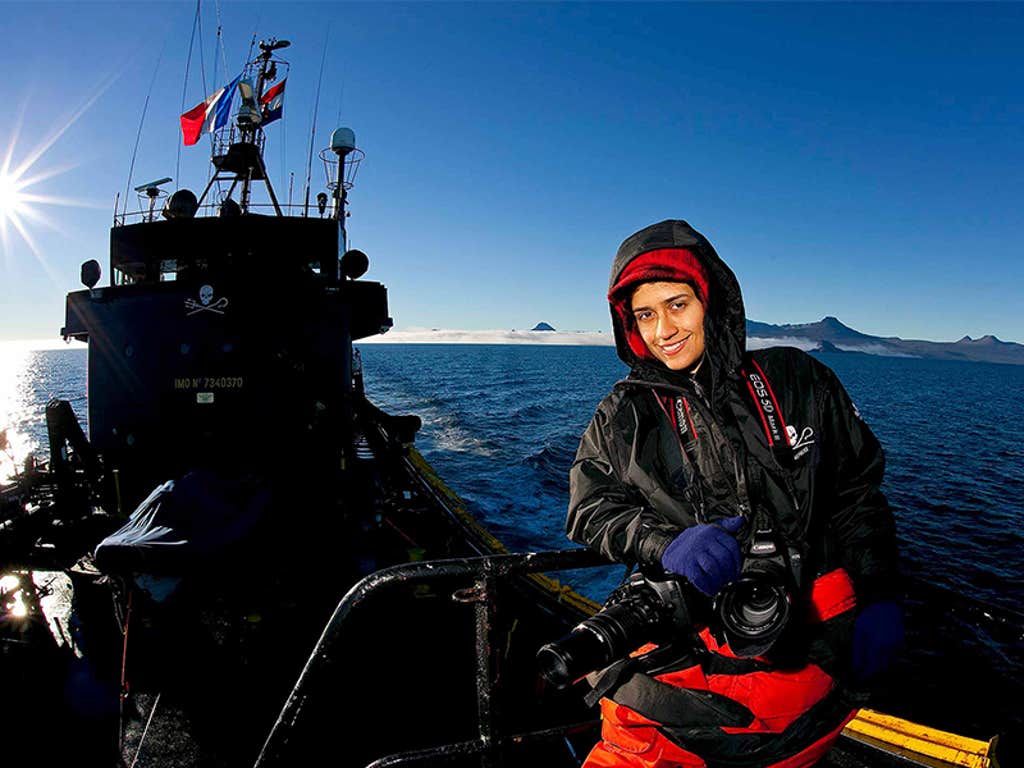
You spent seven years sailing the sea. What inspired you to dedicate your life to exploration and preservation of the ocean?
What inspires me is the need to keep witnessing this beautiful world that was given to us for free since the day we were born. It’s easy to forget the relationship we have with the ocean and nature in general, but when we do stop and reconnect with nature, we are able to perceive this bond and feel the urgency of preserving life on earth, especially in the ocean, which provides more than 60 percent of the oxygen we breathe.
We still don’t know much about the ocean. We know more about the land, while more than 80 percent of the seas remain a mystery. We need to explore more, and invest more time and resources into understanding what we have here on this planet. That’s part of the reason why I embarked on a seven-year journey across the world’s seven seas. I bought a second-hand sailboat and split my time between my photography and filmmaking work and life at sea.
I want to awaken that sense of connection with nature that we have been losing in the last few decades. I hope to inspire people not only to start questioning things, but also to take action. From when I wake up in the morning to when I go to bed, I keep thinking, how can I touch different generations from the 7-year-olds to the 77-year-olds? The experience really made me understand and respect nature even more.
How has your upbringing in Rio influenced your activism?
Even though you are in a big city, Rio offers mountains, forests, and oceans at your fingertips. It wasn’t necessarily the space itself that really touched me, but the human actions happening in this space. One time when I was 14, while trekking around Rio with my friends, I started noticing the immense amounts of garbage in the mountains and in the ocean. I tried to make sense of it: Did somebody camp here and forgot it? Is it coming from another continent because of the currents? Did the wind bring it here? Is it because people don’t have enough information on how waste can impact the environment?
After that I started organizing beach cleanups with my friends. From five people we became 200, and I witnessed how powerful a group of people can be when we are all working with the same intention: It doesn’t matter where you’re from, whether you come from a favela or a wealthy family, there are no limits.
That was the moment when I started to think globally, because whatever action somebody takes here, will impact somebody else in another continent. There is a reason the United Nations decided to drop the ‘S’ from ‘oceans’, because the ocean is one big massive container of water that connects everyone. This realization has taken me to big global organizations, and to sail the world for seven years. It’s a gift, because I have the chance to meet so many passionate people from all walks of life: scientists, artists, navigators, sailors, engineers.
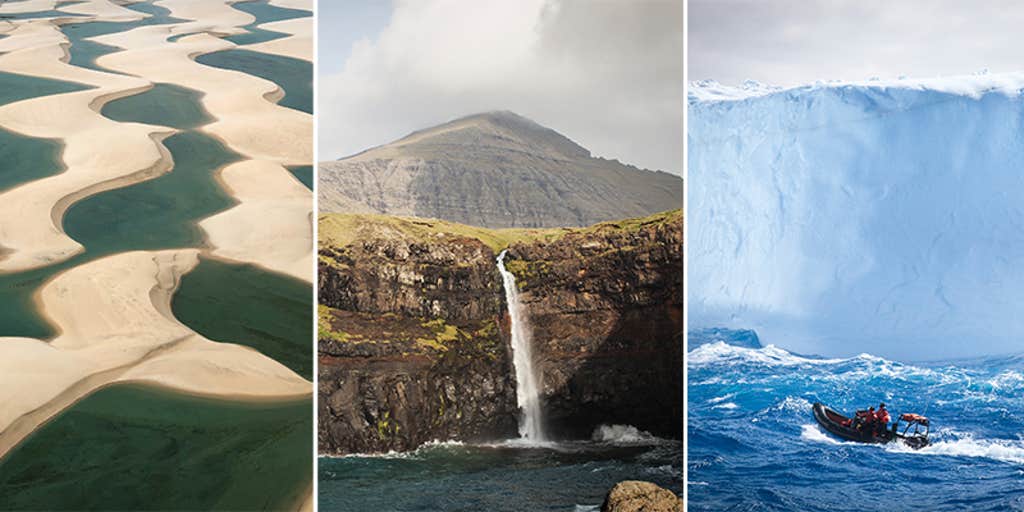
You co-founded the Women’s League for the Ocean. Tell us what the organization does.
The Women’s League for the Ocean was the result of an encounter between me, a journalist, and a scientist. We were all working with ocean conservation and on March 8, 2019, we decided to co-found this movement to offer a space where women from all backgrounds can come together to share their knowledge and struggles in working for the protection of the ocean and its resources.
Today we’re more than 2,500 women, including documentarists, scientists, artists, activists, biologists, zoologists, and athletes, working for the ocean and in the ocean. Through the movement we are able to share and leverage information, help each other and also offer opportunities in an environment that is in the process of giving space to more diverse voices.
What advice would you give to others who are trying to make an impact?
Take little actions every day. You can start by thinking of the relationship you have with your neighbors and how you can build a better neighborhood, that does things differently and in respect of the planet. If that’s not enough, look for organizations and associations that interest you.
Once you start, things naturally grow because when you are doing something positive, it becomes addicting, in a good way. For me, being in the field, doing things, touching the soil with my hands, talking to people, it has all been very effective and energizing. People feel that energy, and they may pass it along to someone else. That’s how you make change.
Who do you want to pass a High 5 on to and why?
I would like to give a High 5 to Natalie Fee, founder of City to Sea. She’s a big inspiration for me because of all the hard and fun work she does to bring awareness to plastic pollution.
Barbara Veiga was nominated for a High 5 by Ana Paula Teixeira, one of our newsletter readers. Sign up for the newsletter here. If you would like to nominate a person or an organisation that you think deserves a High 5, reach out at 5@fivemedia.com.
This article has been republished with the permission of fivemedia.com.






















